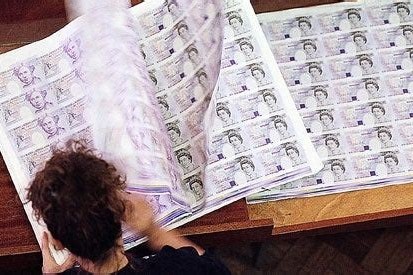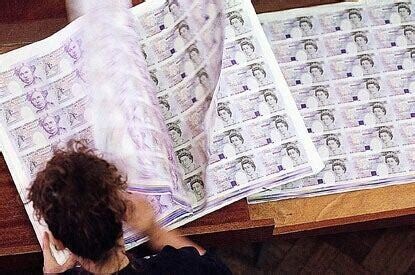
posted 2nd October 2022

The pound falling through the floor, making anything we buy from abroad more expensive … mortgage payments going through the roof, making life much harder for most houseowners … the Bank of England spending billions of pounds to stop pensions collapsing … rich people getting even richer thanks to tax cuts (subsequently and humiliatingly reversed) … threats that public spending will be cut to pay for it all, reducing benefits for poor people and taking money away from schools, hospitals and the police. But all this, the government assures us, is necessary, and in the interest of everyone’s long term prosperity.
What just happened? What’s going on? What’s going to happen next? What should happen next?
At the time of writing (early October 2022), the economy is dominating the headlines. Some of the greatest turmoil ever seen on the markets is having real world impacts for everyone in the country. But what does it all mean? What is the exchange rate? What are government bonds? How do mortgages work? What is GDP? What are interest rates? How does tax work? Why does it all matter so much? Can’t we just print more money?
Debaters need to know about and understand these things, partly because so many debates focus on economic issues, and partly because understanding how the economy works will give you some agency; you will no longer feel that it is something that just happens to you. There is no better guide than this excellent book, Can't We Just Print More Money? Economics in Ten Simple Questions, written by two Bank of England economists, Rupal Patel and Jack Meaning. They have a unique gift for explaining complex issues in a way that is accessible and easy to follow without ever dumbing down or patronising their readers. Their introduction to how the economy works is rooted in real world examples (as they say, the economy is everywhere) which can be easily understood. Questions like ‘Where does my breakfast come from?’ ‘Why am I richer than my great-great-grandma?’ and ‘Why don’t Freddos cost 10p any more?’ lead to detailed explanations of how the economy works, answering all the questions I posed above.
Read this book, and you will know what is going on. You’ll also be a much more expert debater.





